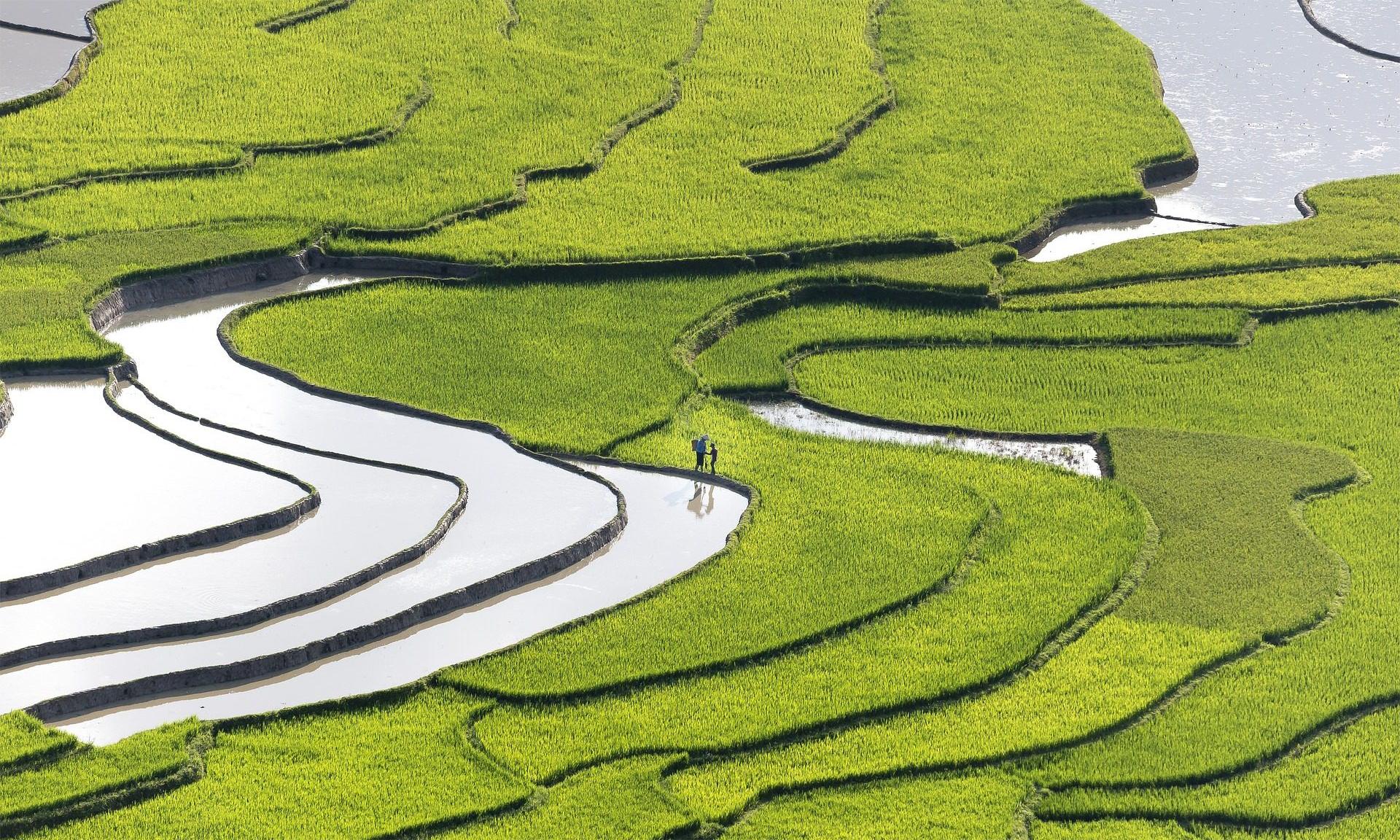
SuReFood Interdisciplinary Workshop #9
2月 18, 2022 @ 10:00 上午 – 11:00 上午 CET
Temporal analysis of climate change impact on water requirements in viticultural region Valencia DO
Presenter: Igor Sirnik, Department of Environmental Sciences, Landscape Architecture and Spatial Planning, Wageningen University and Research
Abstract:
Changes in viticulture, especially in the positioning of vineyards and the introduction of new grape varieties, are becoming a reality. Vine is highly sensitive to changes in the climate, particularly temperature changes, which can be reflected in the shift of phenological stages leading to differences in the wine’s characteristics. These alterations clearly show the recent impact of climate change in viticulture. Moreover, recent climate change developments have affected irrigation and water management in viticulture. Numerous analyses were conducted studying climate change in viticulture at a regional scale. However, only a few were made addressing the impact of climate change on viticulture at a local scale. In viticulture, the analysis of the water requirements (WR) is essential for the purpose of collecting the necessary data to maintain or enhance the quality of the yield.
The purpose of this research is to provide an assessment of climate change during the last five decades with future scenarios (up to 2100), and its impact on viticulture in vine growing region Valencia DO (Valencia denominación de origen) in Spain. The second aim is to generate the future water WR models for grape varieties Tempranillo, Bobal, and Moscatel. We used the meteorological parameters, retrieved from selected weather stations, with future climate models, under RCP4.5 and RCP8.5 scenarios, using Euro-Cordex datasets. The future WR was assessed by using the Blaney-Criddle evapotranspiration method.
The temperature and evapotranspiration trends were rising during the observation period and are estimated to rise in the future. The precipitation trend demonstrated a negative trend: up to 83.5 mm under the RCP8.5 scenario. The most vulnerable grape varieties are Bobal and Tempranillo, which will face an increase of WR up to 82 mm (Bobal variety, maximum production) during the growing season. Considering annual precipitation in Valencia (424 mm), the future WR will have an important impact on irrigation strategies. The Moscatel variety, the most famous grape variety in Valencia DO, will face a smaller WR increase in the future: about 50% less, compared to the Tempranillo variety.
Adaptation in viticulture is essential and should be based on future climate models. Future environmental conditions in Valencia DO show less favorable climate conditions for quality viticulture. Winegrowers and policymakers should strategically change locations of vineyards, to mitigate the undesirable future climate conditions for vine growing. The preferable areas should be closer to the coast of the Mediterranean Sea or areas with higher altitudes. By following the presented adaptation strategies, there are high probabilities to increase the international competitiveness of Valencia DO and boost the wine economy of the region.

Direct and indirect impacts of China’s grassland conservation policy on the eco-environmental system: A quasi-natural experiment analysis from Inner Mongolia and Mongolia
Presenter: Min Liu, Chinese Center for Strategic Research of Grassland Agriculture Development (SRGAD), Lanzhou University, China
Abstract:
The grassland conservation policy of China is a large and high-profile payment-for-ecosystem-services program, which has been implemented in all pastoral areas of China. We conduct an across-national boundary analysis between Inner Mongolia of China and Mongolia to evaluate the policy impact on the animal number, grassland conservation, and greenhouse gas emission, treating the policy as a quasi-natural experiment. Based on the official statistical data and remote sensing data at the county level, the synthetic difference in differences approach is used to conduct the empirical analysis. Results show that China’s grassland conservation policy has substantially depressed the livestock population by around 50% by 2020, however, only slightly improved grassland quality by 3%, measured by NNP. Nevertheless, the policy promoted the conversion of the landforms from grassland to shrubland, while having little impact on the desert. Surprisingly, the grassland conservation policy also has caused the decreases in methane, nitrous oxide, and ammonia in the atmosphere indirectly due to the decreases in animal numbers, which was overlooked by scholars and policymakers. Estimated impact sizes on the greenhouse gas emission range from 3% to 13%. These research findings provide scientific evidence on reducing greenhouse gases through controlling livestock production.
To access the virtual meeting, please click here to MS Teams meeting. For future presentations, please contact Fan Li (fan.li@wur.nl) and Mengru Wang (Mengru.wang@wur.nl).
Additional Details
主办人 - SuReFood Alliance
